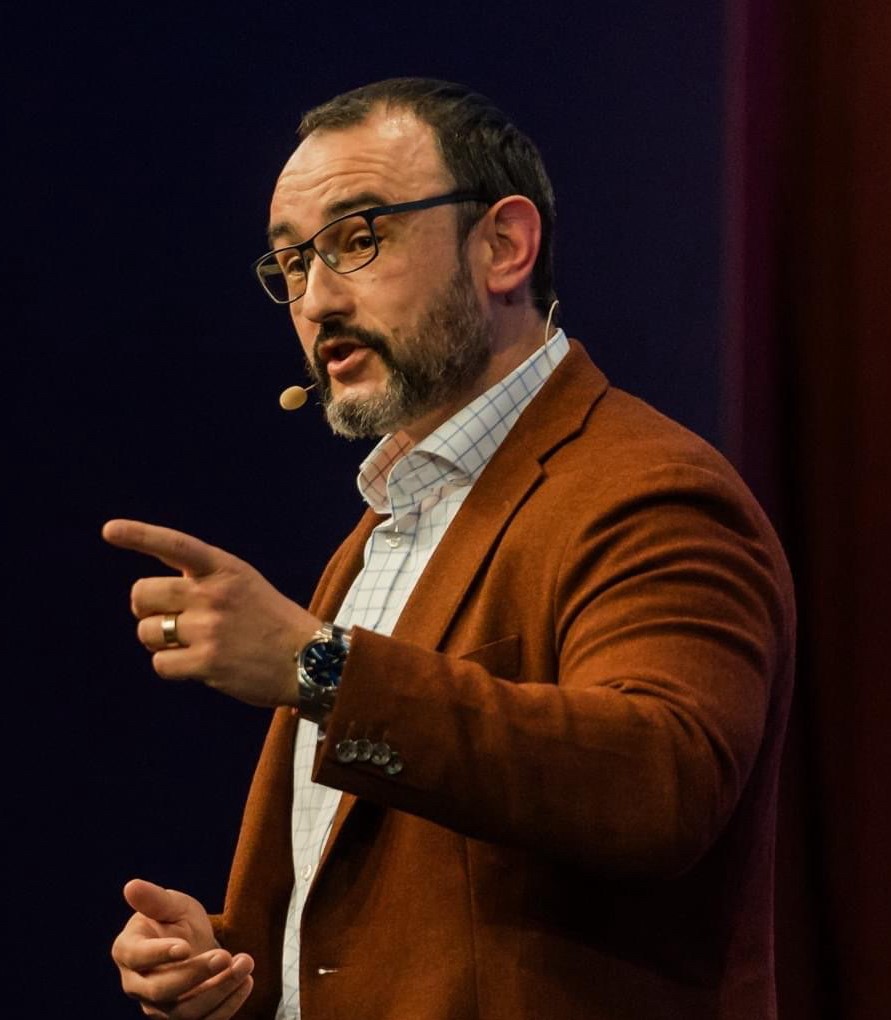Experts
Michael Kofman

Senior Fellow, Russia and Eurasia Program
About
Michael Kofman is a senior fellow in the Russia and Eurasia Program at the Carnegie Endowment for International Peace, where he focuses on the Russian military, Ukrainian armed forces, and Eurasian security issues. Prior to joining Carnegie in 2023, he served as director of the Russia Studies Program at the Center for Naval Analyses, where he led a team conducting research on the capabilities, strategy, and military thought of the Russian Armed Forces. Widely recognized as one of the leading authorities on the Russian military, and the Russo-Ukrainian war, Kofman has led foundational work in the field, and is routinely cited in major publications.
Aside from his work at Carnegie, Kofman is a contributing editor at War on the Rocks, where he hosts the Russia Contingency, a bi-weekly podcast on the Russian military and the Russia-Ukraine war. He previously served as a research fellow and program manager at the National Defense University. Past fellowships have included the Modern War Institute at West Point, Center for New American Security, and the Woodrow Wilson Center.
Affiliations
Areas of Expertise
Education
MA, International Security, Georgetown University BA, Political Science, Northeastern University.
Languages
Russian